We Brits love to complain about our country, but come on–we have so much incredible culture to be proud of. In fact, our culture is so unique that unsuspecting tourists fall in love with the unique quirks of our country. To remind you of Great Britain’s cultural strangeness, here are 21 surprising facts about British culture that foreigners aren’t aware of.
Driving on the Left
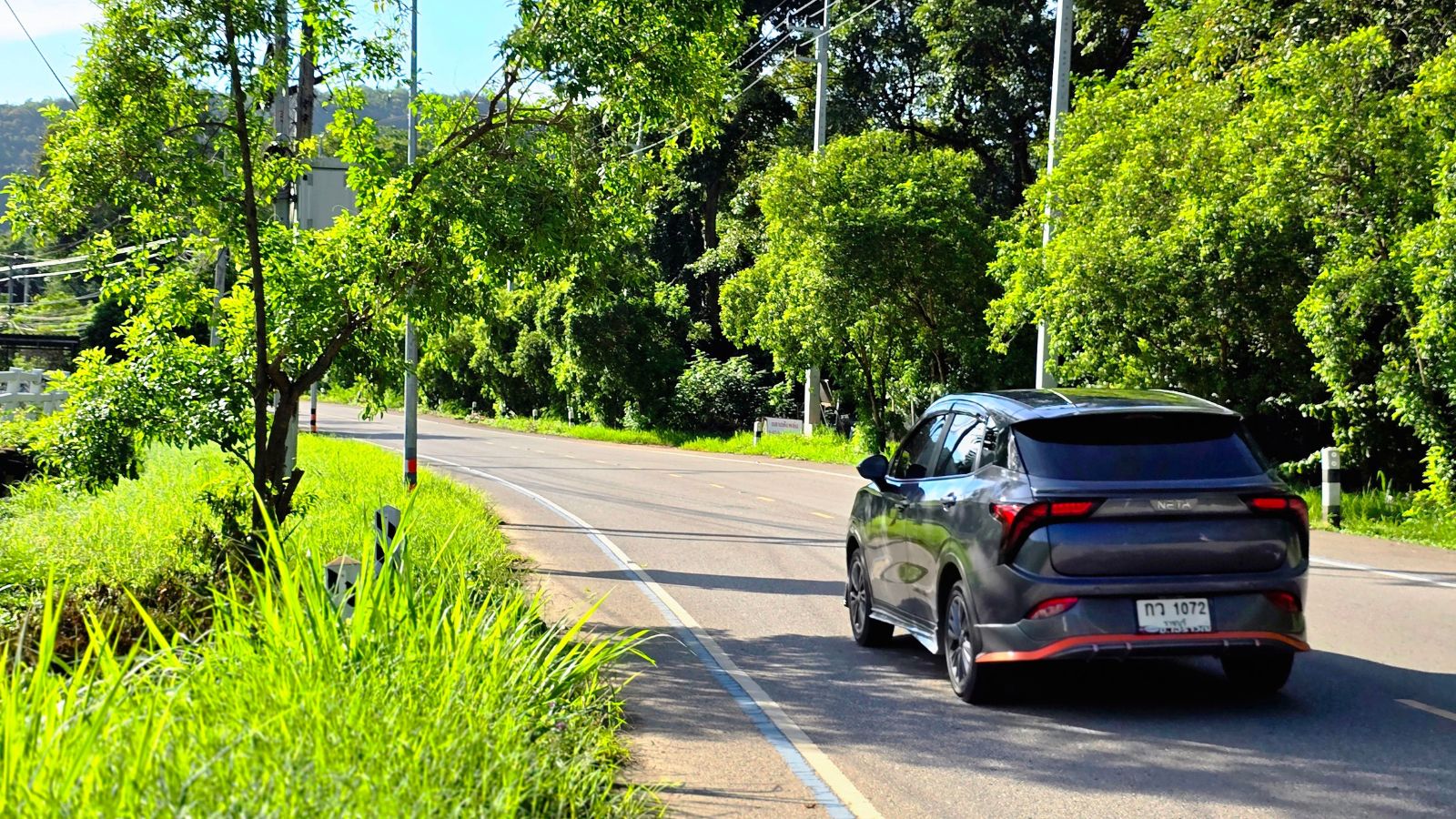
One of the first things that surprises visitors is that in the UK, people drive on the left side of the road. This tradition dates back to the Middle Ages and continues to this day, making British roads unique compared to most other countries. In fact, GoCompare claims that only 64 other countries in the world follow suit.
The Obsession with Talking About the Weather

While some people see it as a stereotype, there’s no denying that the British love to talk about the weather. It’s not just small talk; it’s a national pastime. The unpredictable nature of British weather makes it a constant source of conversation, helping people break the ice in social situations or simply filling awkward silences.
Bank Holidays

As we’re sure you’re aware, public holidays in the UK are known as Bank Holidays, but foreigners have rarely heard of them. Unlike many other countries where holidays are fixed on specific dates, in the UK, these holidays can change from year to year. They are eagerly anticipated as they often provide long weekends and a chance to relax, especially the famously sunny August bank holiday weekend.
Afternoon Tea Tradition

While it’s not as common as it once was, afternoon tea is a quintessentially British tradition that involves a light meal of sandwiches, scones with clotted cream and jam, various cakes, and, of course, tea. It’s a leisurely affair, typically served between 3:30 and 5 PM, offering a refined way to take a break during the day. Foreigners love it, as they often assume it’s something only seen in the movies.
Unique Regional Accents

The UK is home to a remarkable variety of accents, with distinct differences even between neighboring towns. The soft lilt of a Welsh accent, the “BBC English” of the south, and the huge variety of Northern accents all result in a fascinating and bewildering feature to newcomers.
Christmas Crackers
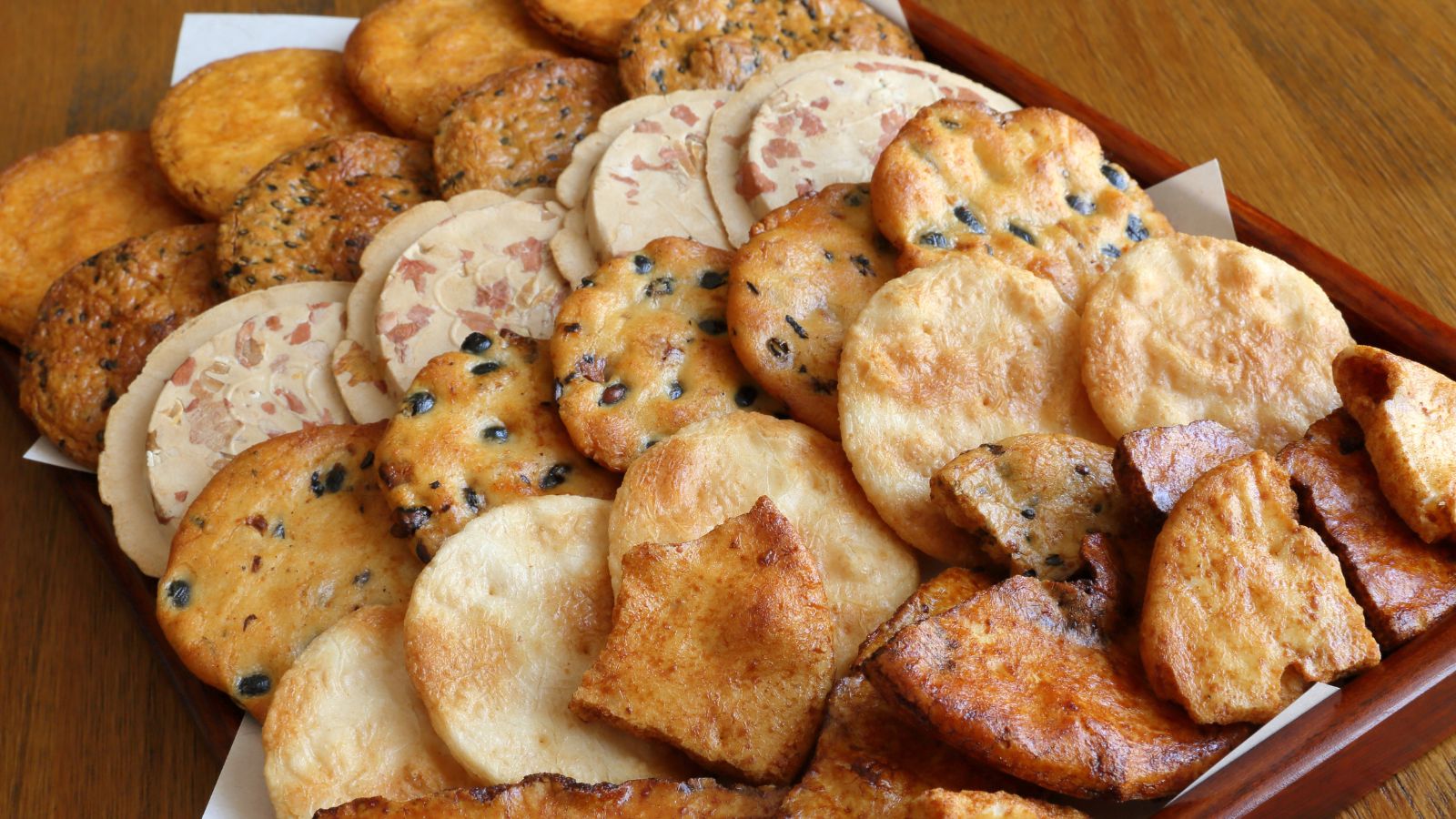
A lot of Brits don’t realize that we’re one of the only countries to pull Christmas crackers during our Christmas Dinner. These festive items make a popping sound when pulled apart and typically contain a paper hat, a small toy or gift, and a joke. They add a bit of fun and festivity to the holiday meal, even if they do seem to be getting worse over time.
The Pub Quiz

Is there anything better than having a few cozy pints with friends and enjoying the local pub quiz? Held in pubs across the country, these quizzes are a chance for teams to compete in answering general knowledge questions. It’s a social event where people gather to test their wits in a casual manner, and foreigners love getting involved when they discover them.
The Tradition of Remembrance Day

Every year, on November 11th, the UK observes Remembrance Day to honor those who have lost their lives in military service. The day is marked by a two-minute silence at 11 AM, and many people wear red poppies as a sign of respect and remembrance. Few tourists are aware of this, but if they happen to visit on this special day, they gain an understanding of just how patriotic British people can be.
Fish and Chips as a National Dish
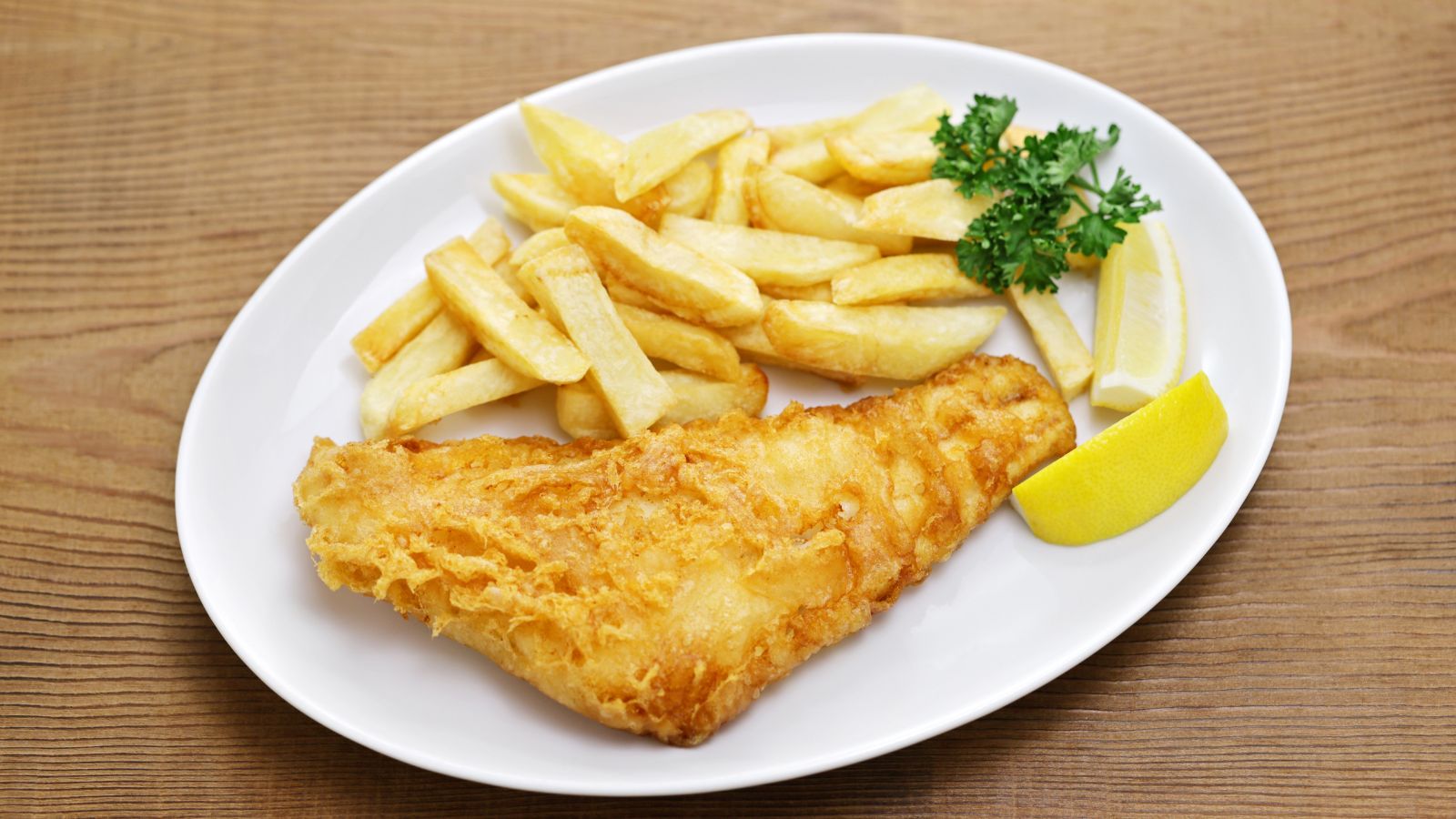
Even though fish and chips might be seen as a stereotype, let’s be real–it’s one of the most iconic British dishes, and we still love eating it on Fridays. Served hot and wrapped in newspaper, this meal of battered fish and thick-cut chips has been a staple of British cuisine for over a century, often enjoyed by the seaside. Don’t forget the curry sauce and mushy peas!
The British Love for Gardens
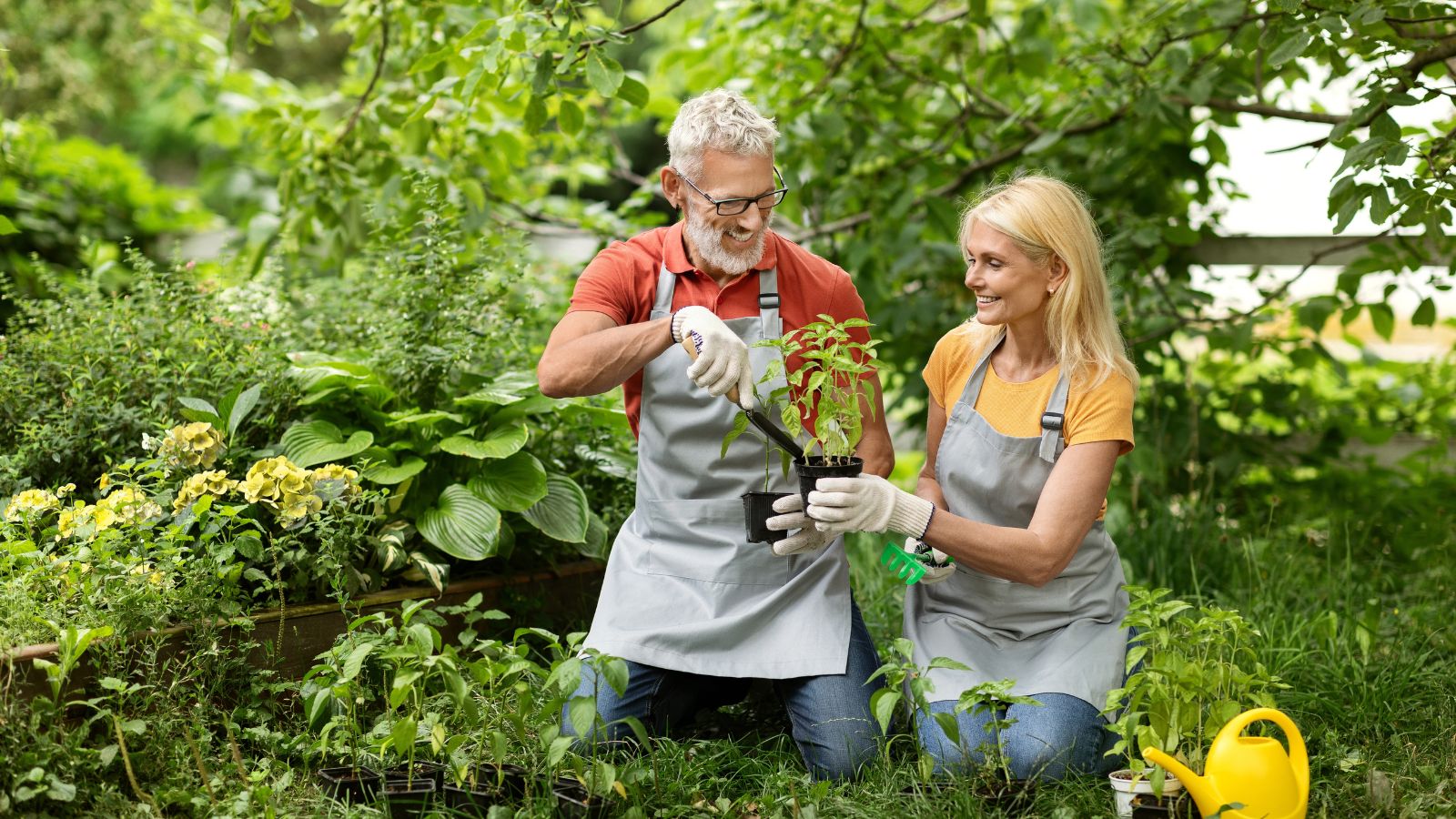
For some reason, Brits are particularly passionate about gardening, something that foreigners don’t expect when visiting. Whether it’s a small allotment or a grand estate, gardens are cherished spaces. The UK is home to numerous famous gardens, and gardening shows and competitions are popular, reflecting the nation’s love for plants and nature.
The Strict Rules of British Etiquette

It’s not just a generalization that etiquette is taken seriously in Britain; whether it’s how to hold a knife and fork, when to send a thank-you note, or how to queue properly, there are unspoken rules that govern our social behaviors. We certainly won’t get angry at foreigners who aren’t aware of them, but it warms our hearts when they try to match our etiquette.
Bonfire Night Celebrations
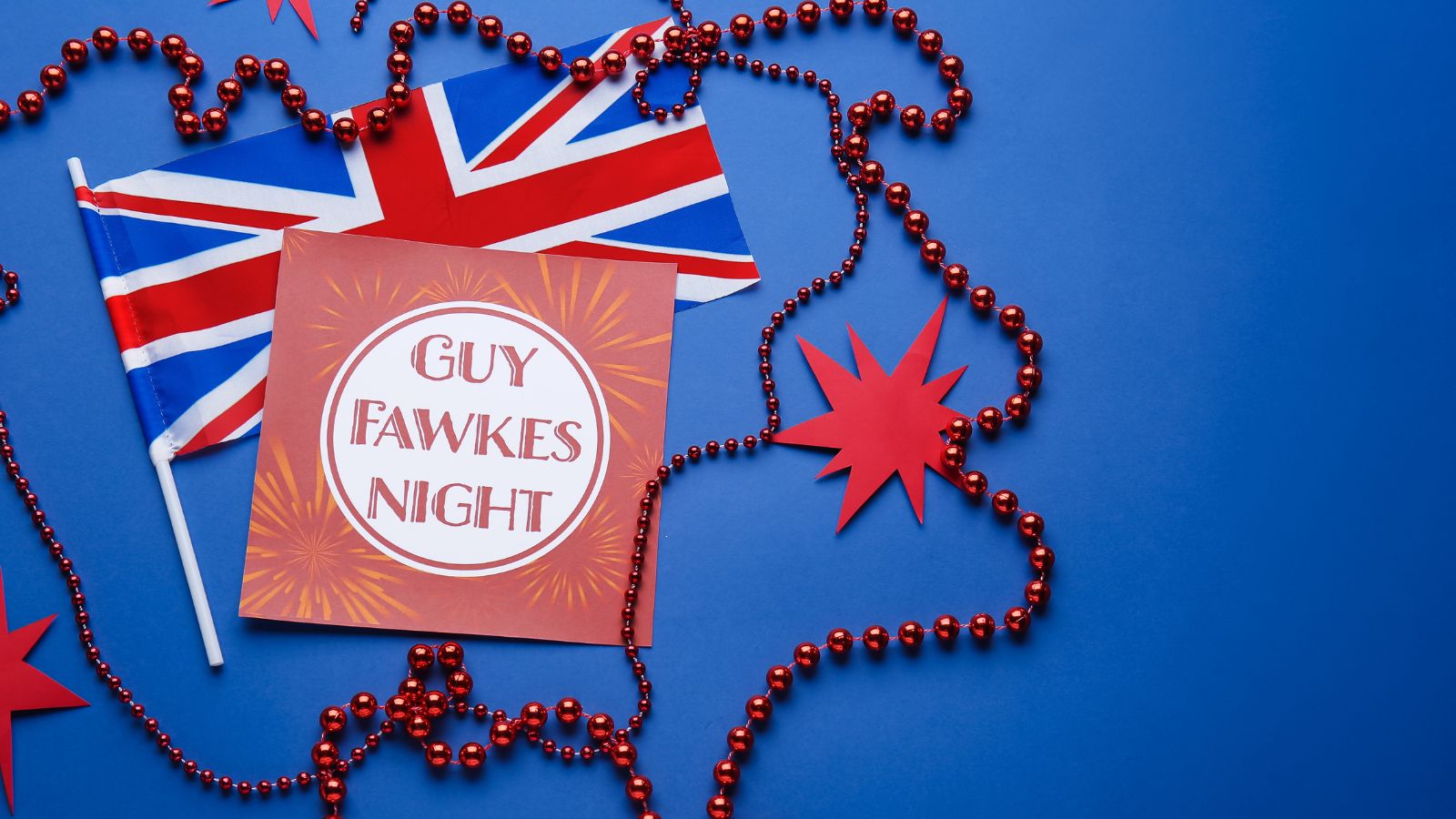
Also known as Guy Fawkes Night, Bonfire Night is celebrated on November 5th in the UK and won’t be found anywhere else. The night commemorates the foiling of the Gunpowder Plot of 1605, with fireworks, bonfires, and the burning of effigies of Guy Fawkes. It’s a unique tradition that combines history with spectacle, although it leaves most tourists confused.
British Pantomime

Ah, the Great British Pantomime. Otherwise known as “panto,” this is a type of musical comedy theater that is particularly popular during the British Christmas season. It’s a fun, family-oriented performance featuring slapstick comedy, audience participation, and often cross-dressing actors, making it a truly British experience, albeit one that baffles foreigners.
The Complexities of British Tea

Tea in Britain is more complex than it appears. Beyond the simple black tea with milk, there are various types and ways of serving it. High tea, cream tea, and builders’ tea all have their own distinct styles and traditions, and it’s a rite of passage for any migrant to learn them.
The Celebration of Boxing Day

Another surprising fact about British culture that foreigners often don’t know about is Boxing Day, celebrated on December 26th. Traditionally, it was a day when servants and tradespeople received gifts from their employers, but these days, it’s just a time for family gatherings, shopping sales, and sporting events, stretching the festive season a day longer.
The Royal Mail Red Post Boxes
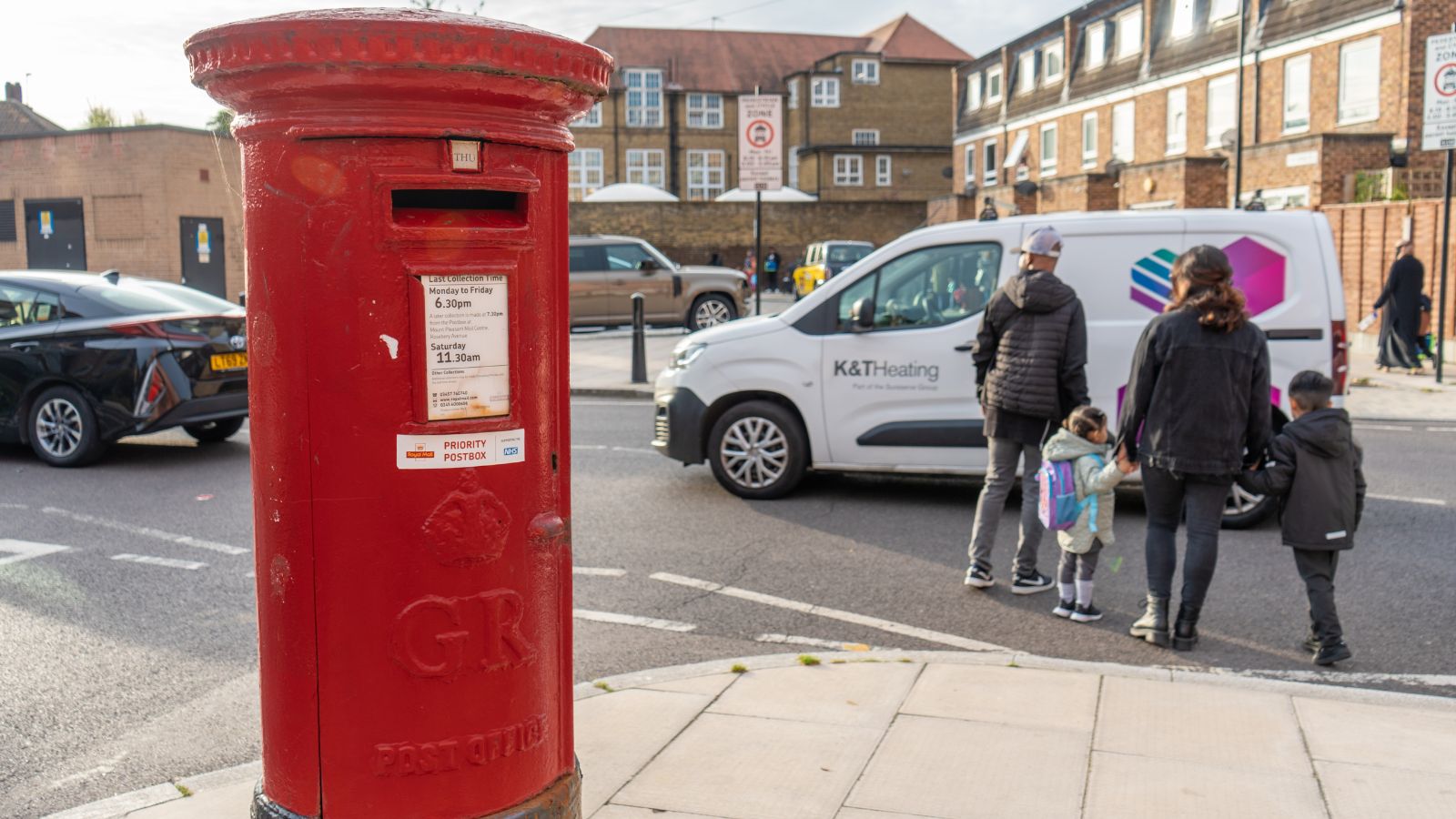
The iconic red post boxes seen across the UK are a symbol of British heritage. Even though they’re recognizable to most tourists, they might not realize that we actually use them. These boxes have been in use since the 19th century, and each one is marked with the royal cipher of the reigning monarch at the time it was installed, making them historical as well as functional.
British Humor Is Often Self-Deprecating

We Brits have a lot of quirks when it comes to our humor, but the most notable has to be our self-deprecation. We love to make jokes at our own expense, which can be both endearing and confusing to those unfamiliar with this style. Either way, it’s a means to show humility and make light of one’s own flaws or misfortunes.
The British Monarchy’s Role
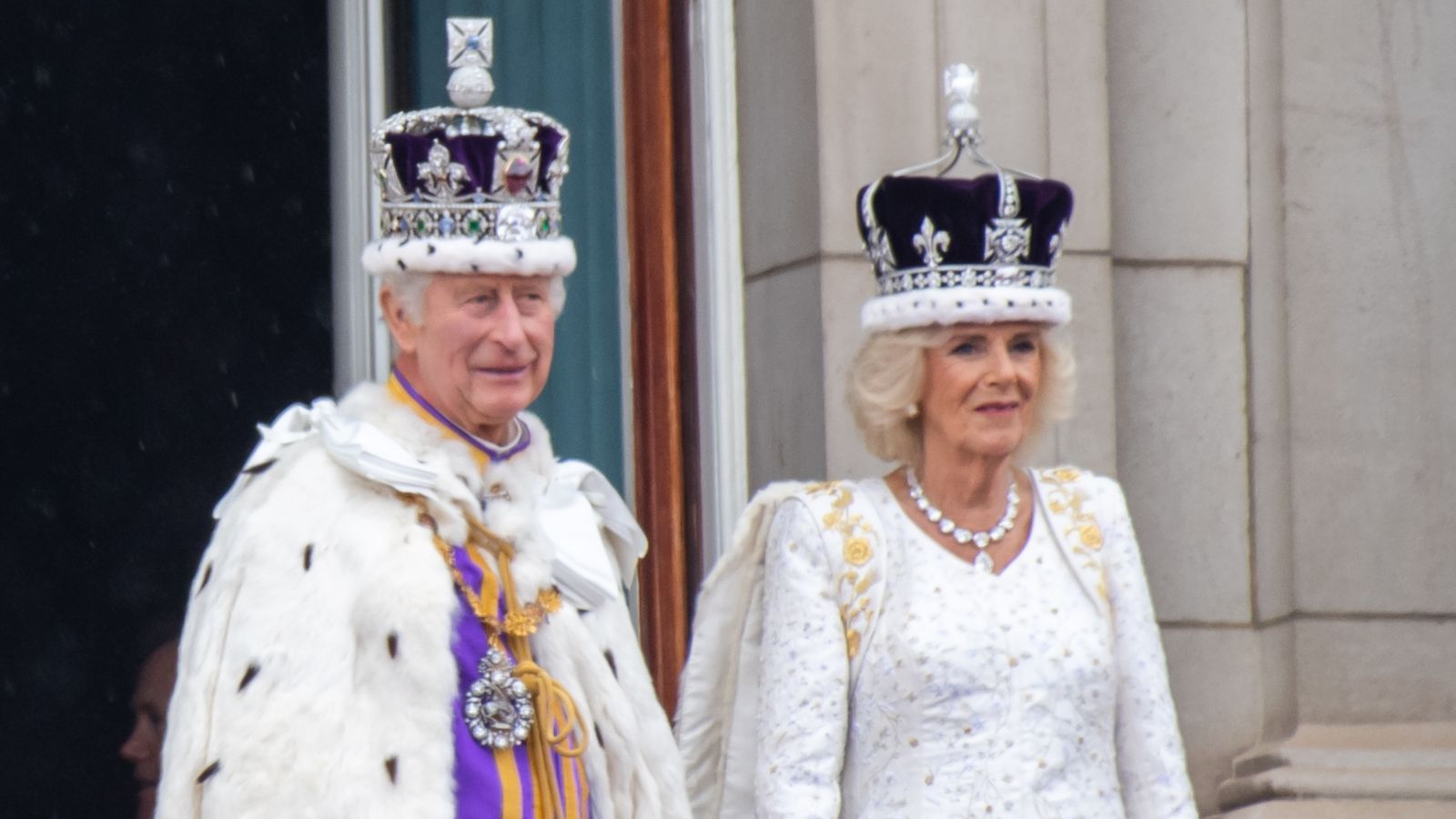
Foreigners often don’t realize that the British Monarchy plays a ceremonial role in the UK, with the Queen or King as the head of state–it’s not just for conservatism. While it’s true that the monarchy has little political power, it is a significant symbol of national identity and continuity, deeply intertwined with British culture and traditions.
The Tradition of Afternoon Walks

Is there any more quintessential British experience than taking a leisurely afternoon walk, especially on a Sunday? Known as a “Sunday stroll,” it’s a time to enjoy the countryside, parks, or just a quiet neighborhood. It’s easy to overlook, but if you have foreign guests visiting our country, why not introduce them to this little-known tradition?
The Unique British Road Signs
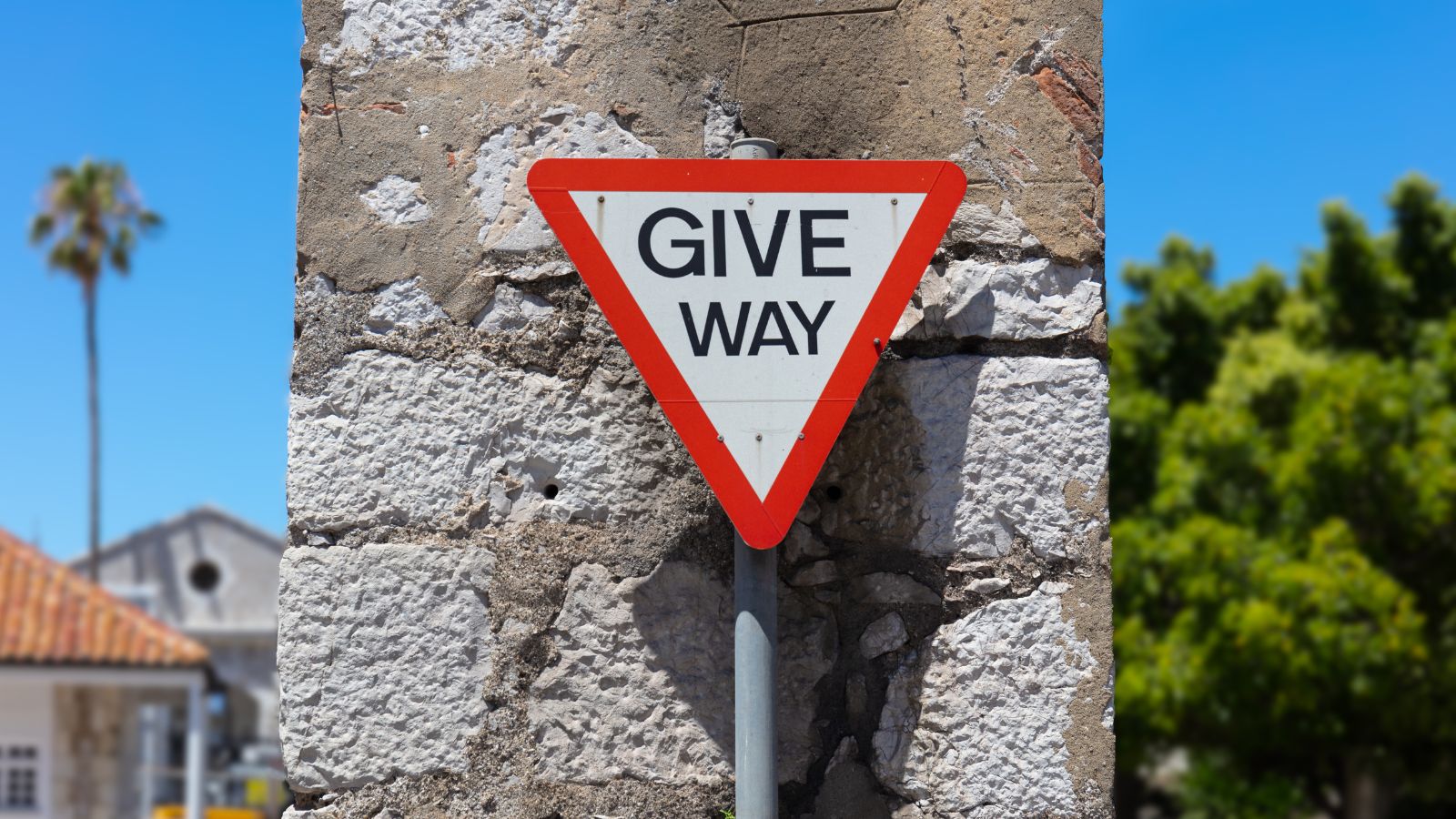
Foreign visitors often find British road signs amusingly distinctive, with many designed to convey a lot of information clearly and concisely. Some of the signs, like those warning of wildlife crossings or the “Give Way” sign, are uniquely British and can be puzzling to those used to different systems, such as Americans who would typically say “Yield” instead.
The Popularity of Charity Shops
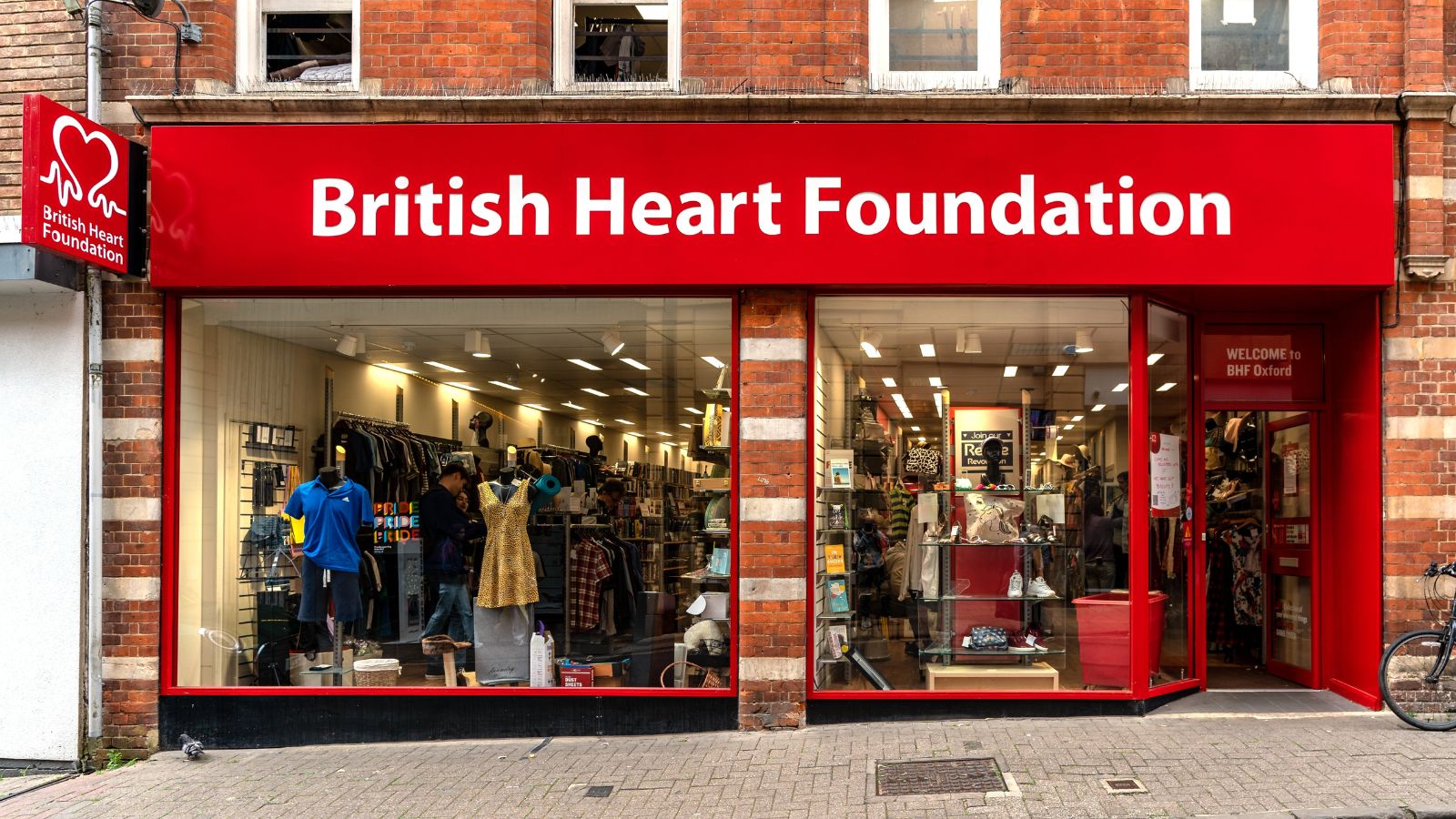
The final surprising fact about British culture that foreigners are rarely aware of is our love for charity shopping, where donated items are sold to raise money for various causes. You’ll find at least one on just about every British high street, each offering an affordable way to shop while supporting charities. Shopping doesn’t get much more wholesome than that!

